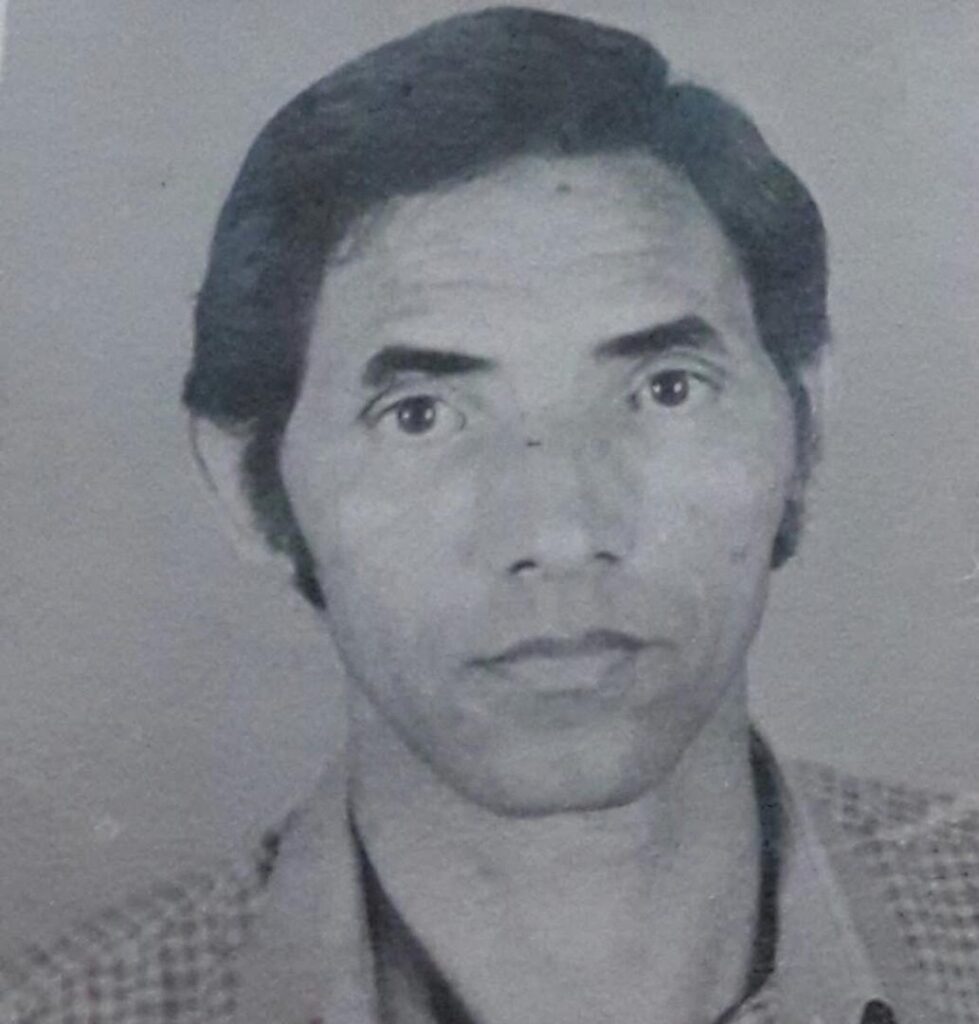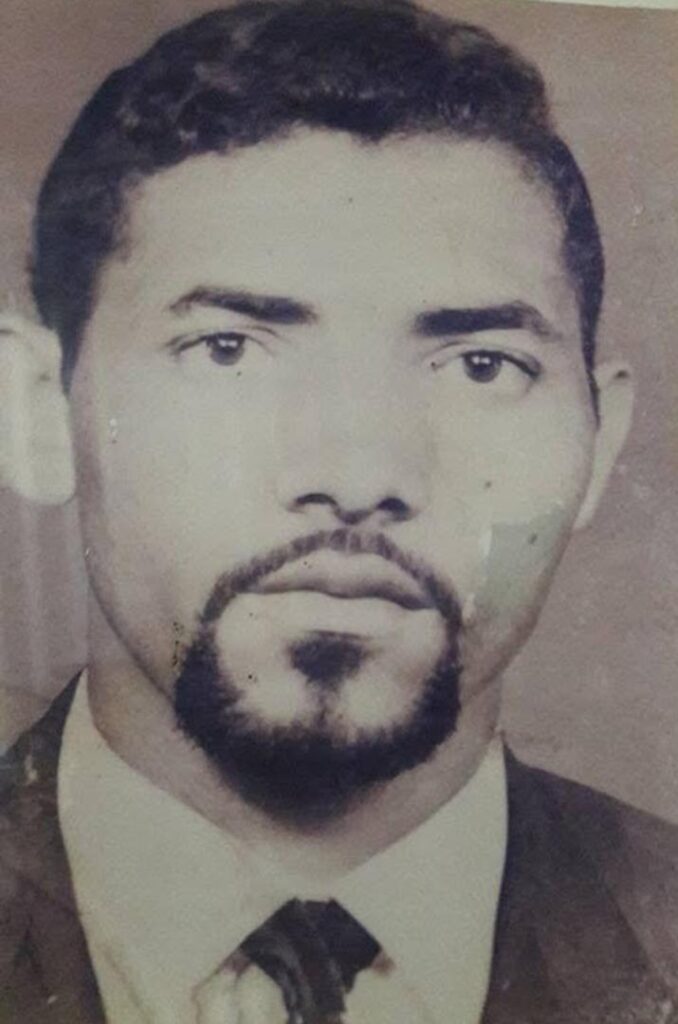From Ocean Depths to the Skies: Cabo Verde’s First Diver and War Hero Laid to Rest, The Honor Question Unanswered, 1939- 2025.
By Raymond Enoch
On a quiet morning in September, 2025, with no national flag at half-mast and no military bugle to mark his departure, José Luís de Andrade Gonçalves Nogueira, one of the First Divers on Cabo Verde Island —Also known across Cabo Verde simply as Nénezinho—was laid to rest in the city of Praia, Capital of Cabo Verde, Santiago island.He died at 86, leaving behind a legacy as deep as the seas he explored and as vast as the skies he once fell through.

Despite his remarkable life—marked by pioneering feats in free diving and distinguished service in foreign airborne combat—his burial received no official recognition, no state presence, and no national honors.
Born on November 12, 1939, Nénezinho was the first documented free diver in Cabo Verde. In the early 1950s, long before diving was taught in schools or practiced by tourists, he was plunging 20 meters into the Atlantic—without fins, mask, or oxygen—retrieving lobsters, shipwreck relics, and fragments of colonial history.
He dived into the dark underwater caves off Cidade Velha, recovered bronze cannons from sunken wrecks, and swam along the coasts of Guiné-Bissau, Senegal, and Ilha da Serpente.
“I dived for lobsters. For cannons. For food. For freedom,” he recalled in a rare 2018 conversation with his daughter.

His legend was not defined by gear or titles—but by grit, endurance, and an uncanny calling from the sea itself.
Among his 13 children, it was Salett Nogueira, his eighth daughter and a trained diver herself, who swam beside him. Today, she is a strategic communications expert, and more importantly, his voice to the world.
“My father didn’t chase glory,” she said beside his grave. “He became it.”
Nénezinho’s journey didn’t end with the sea. In 1961, amid the upheaval of decolonization in West Africa, he enlisted in the Franco-Senegalese Paratrooper Brigade. He trained in Dakar, completed over a dozen combat jumps, and risked his life in military zones that were rarely documented but long remembered by those who served beside him.
For his service, he received the Brevet Militaire de Parachutiste—a rare and prestigious airborne military honor awarded by the French army. The certificate, signed and sealed in Dakar, and the medal, etched with a winged lion, still remain in his family’s care.
“It was sacrifice. It was death in the air.
I was the only Cabo Verdean with that medal.
But until today—no recognition.”
He carried that silence with him until the end.
José Luís Nogueira died on the 4th September, 2025, surrounded by his children—but not by his country. There were no government representatives, no military salute, no state announcement. His coffin, simple and unadorned, was lowered into the ground with only family, neighbors, and memories as witnesses.
“He should have had a monument,” Salett said. “But he wasn’t even given a moment.”
Despite multiple appeals, including Salett’s widely shared essay titled “The First Diver and Forgotten War Hero of Cabo Verde,” no formal response came from the Ministry of Culture, the Veterans Affairs Department, or the Presidency.
Today, the sea he knew remains unchanged. The wrecks he swam through lie silent beneath the waves. Yet, his story—carried through oral history, private records, and a daughter’s resolve—is rising back to the surface.
In the months since his passing, hashtags like #HonorNénezinho, #CaboVerdeHero, and #LegacyOfTheDeep have echoed across the diaspora, sparking a groundswell of calls for national recognition.
Still, the silence from officialdom remains.
As neighboring nations continue to reckon with colonial legacies and honor forgotten heroes, a growing number are asking: What is Cabo Verde waiting for?
“You can bury a man,” Salett said. “But not a legacy. Not one like his.”
Nénezinho Nogueira was many things: a fisherman, a father, a diver, a soldier. But more than anything, he was a man who gave his country proof that greatness does not require ceremony to exist.
Now the question falls to the country he served:
Does it need ceremony to remember him?








